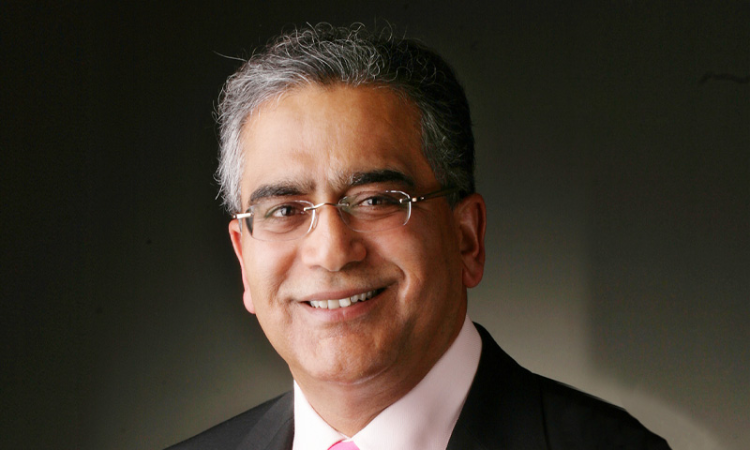The Supreme Court on Monday reserved its order in the petition filed by Aroon Purie, founder-director of India Today group challenging the criminal defamation complaint filed over a 2007 news article "Mission Misconduct" in India Today magazine. The bench orally remarked that while it will granting relief to Aroon Purie (who was the Chief Editor of the India Today publications at the time...

